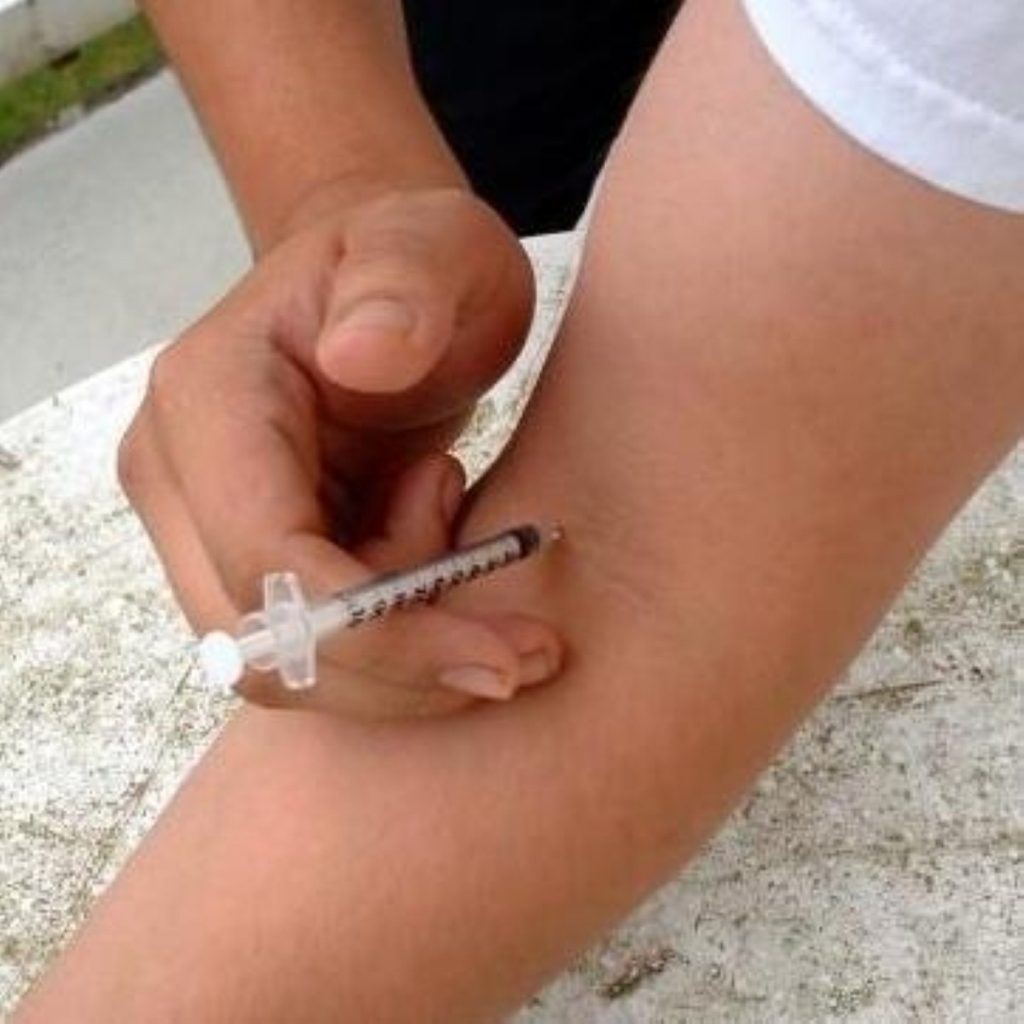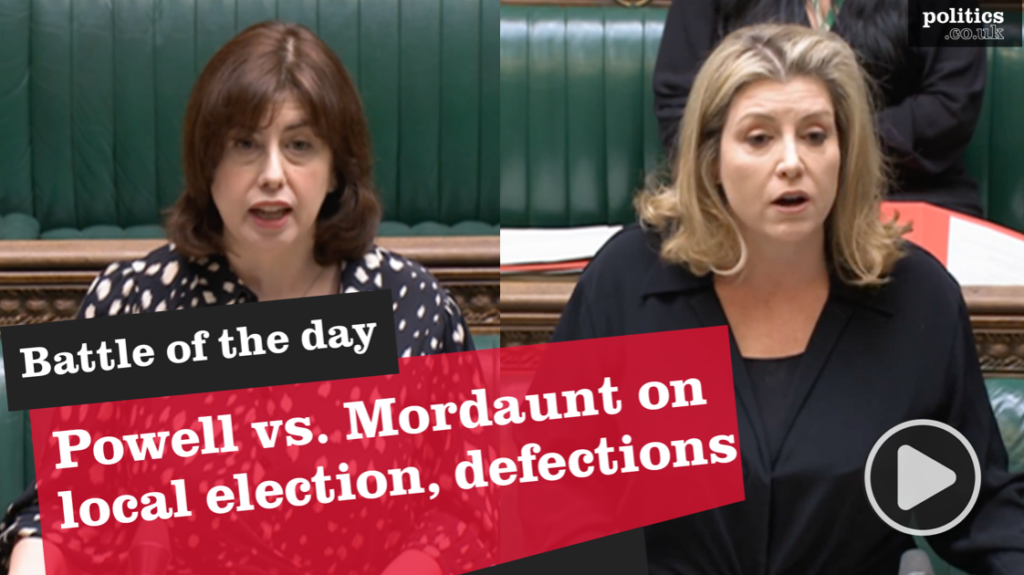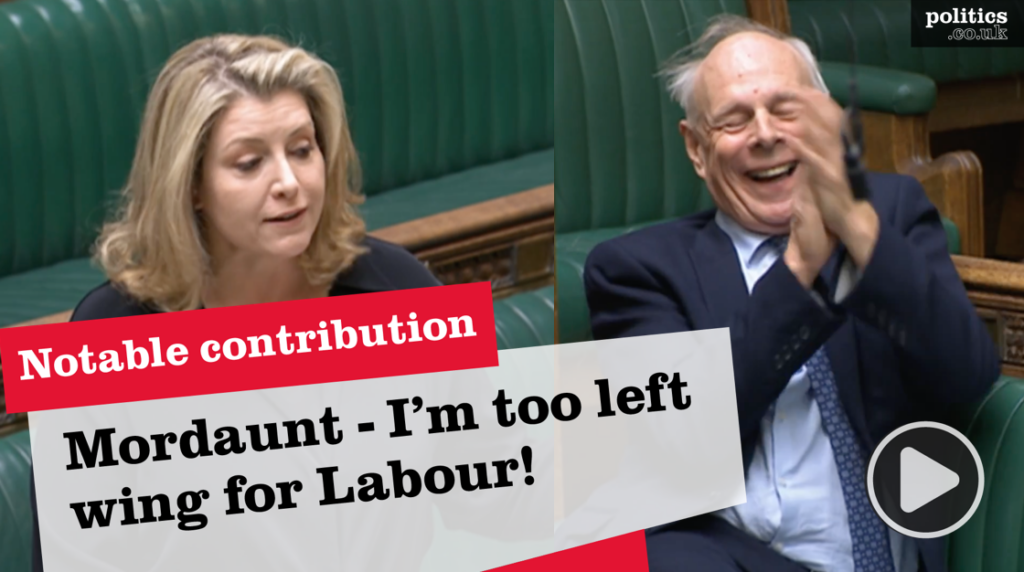Asylum dispersal may increase HIV risk
Leading sexual health clinicians are seriously concerned that the Government’s policy of dispersing asylum seekers around the country may be spreading HIV.
A new survey in the British Medical Journal, carried out by four London genitourinary professionals, found that many doctors believed that the dispersal of asylum seekers with HIV was disruptive, could compromise medical care and might increase the risk of HIV transmission.
Since 2000, when the National Asylum Support Service began moving asylum seekers out London and the South-East, around 100,000 have been dispersed.
It is not known how many of them are infected with HIV, but the countries from which most asylum seekers to the UK flee are often in the grip of HIV epidemics.


Many of the doctors working in the field expressed grave concerns that the dispersal could be done at short notice – within 48 hours – and warned that this meant that the appropriate transfer of medical details often did not occur.
The paper argues that before a decision is taken to disperse an asylum seeker, specialist medical advice should be sought.
19 of those questioned had treated HIV-positive asylum seekers who had been dispersed against medical advice.
A large majority of the 56 doctors questioned believed that someone with HIV should not be dispersed if they: had experienced recent psychosocial trauma; were under medical investigation; were being treated by multiple specialists; were about to start or had recently started antiretroviral therapy; or had a current or recent AIDS diagnosis.
The doctors also cited concerns about the lack of community support for dispersed people and a lack of facilities in the new areas for asylum seekers suffering psychological problems.
They warned that dispersal heightened both the possibility of onwards HIV transmission and the risk to the individual sufferer of the disease developing further.
If asylum seekers refuse to move, they face the immediate loss of housing and all benefits.
It is estimated that there are around 50,000 people in the UK living with HIV. Last week the Chief Medical Officer, Sir Liam Donaldson, said that the UK needs to do more to tackle the “hidden” HIV epidemic. He said that more people needed to be screened, and campaigns targeted particularly at high risk groups, such as gay men and those who have visited areas with a high HIV infection rate, such as sub-Saharan Africa.












